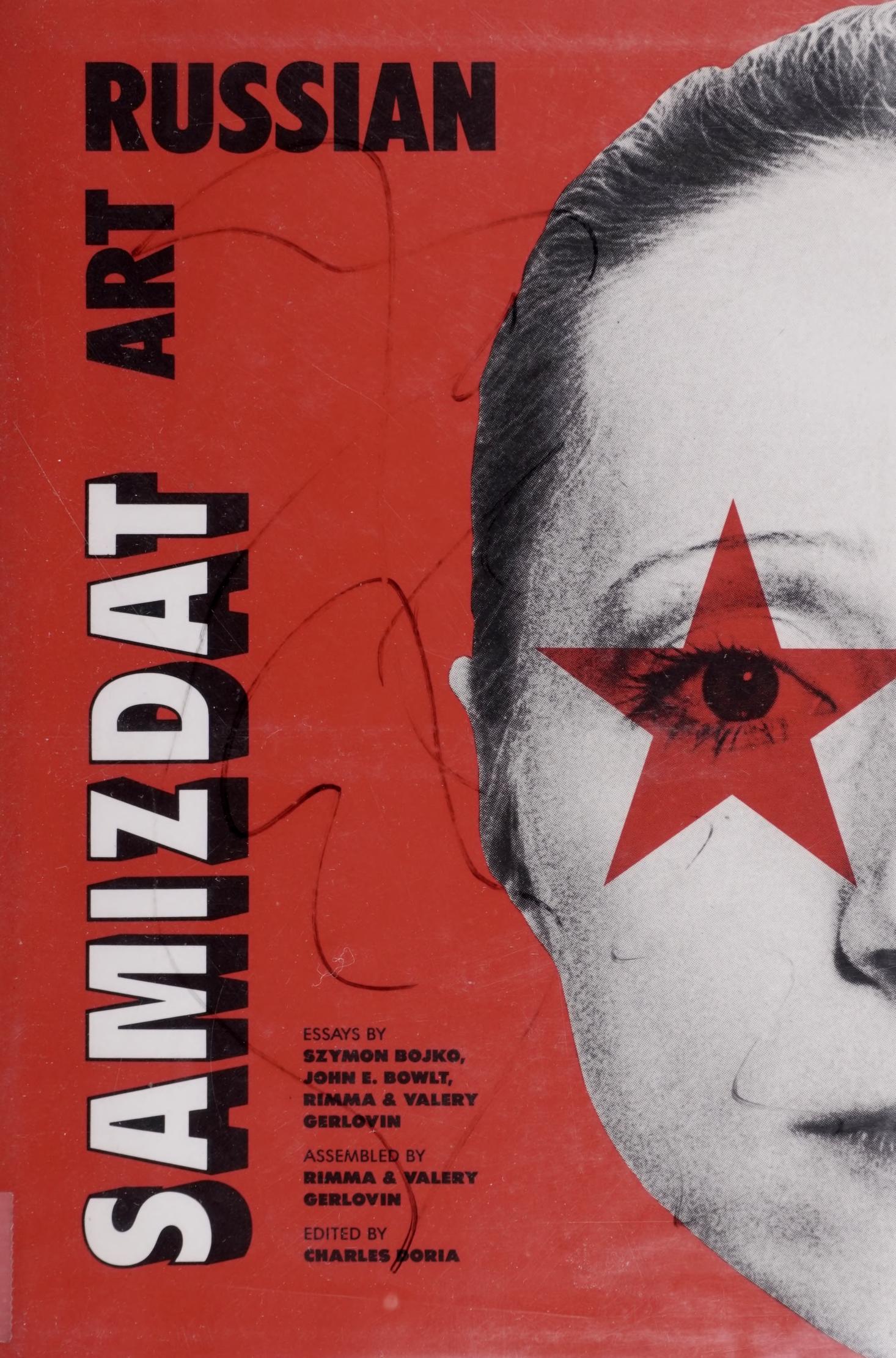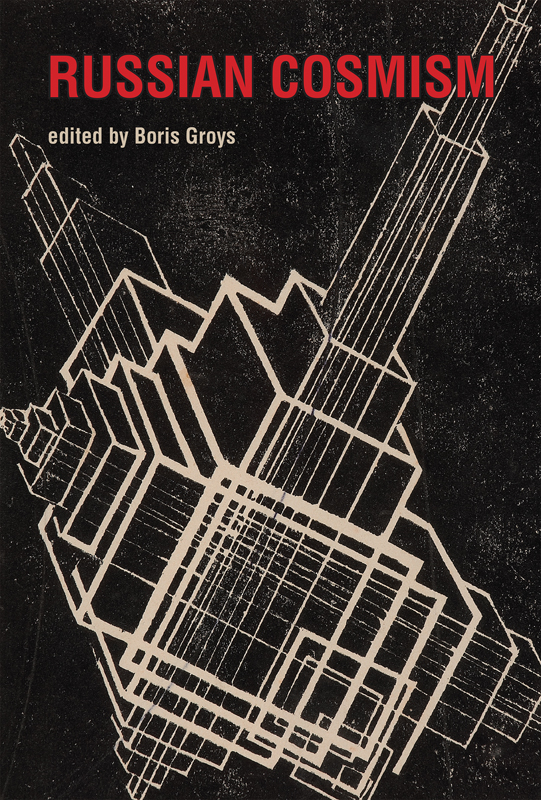Russian Dada 1914-1924 (2018) [EN, ES]
Filed under catalogue | Tags: · anarchism, art history, avant-garde, dada, film history, russia

“This exhibition explores Russian avant-garde art through the perspective of the Anti-art canons associated with the international Dada movement.
The selected works reveal the intentions of many artists to take part in projects of public unrest with connotations in close proximity to Marxism and to adopt rejection, irony, the absurd and chance as the basic principles underpinning their artistic manifestations.”
With essays by Margarita Tupitsyn, Victor Tupitsyn, Olga Burenina-Petrova, and Natasha Kurchanova.
Edited by Margarita Tupitsyn
Publisher Museo Nacional Centro de Arte Reina Sofía, Madrid, and MIT Press, 2018
ISBN 9788480265737, 8480265736
342 pages
English: PDF, PDF (30 MB)
Spanish: PDF, PDF (30 MB)
Charles Doria (ed.): Russian Samizdat Art (1986)
Filed under book, catalogue | Tags: · art, artists book, dissent, russia

An early survey of Soviet unofficial art. Illustrated with photographs and documentation of artists’ works.
Essays by Szymon Bojko, John E. Bowlt, Rimma & Valery Gerlovin.
Assembled by Rimma & Valery Gerlovin
Publisher Willis Locker & Owens Pub, New York, 1986
ISBN 0930279050, 9780930279059
210 pages
PDF (65 MB)
Internet Archive
Boris Groys (ed.): Russian Cosmism (2018)
Filed under book | Tags: · art, avant-garde, biopolitics, cosmism, cosmos, philosophy, russia, technology

“Cosmism emerged in Russia before the October Revolution and developed through the 1920s and 1930s; like Marxism and the European avant-garde, two other movements that shared this intellectual moment, Russian Cosmism rejected the contemplative for the transformative, aiming to create not merely new art or philosophy but a new world. Cosmism went the furthest in its visions of transformation, calling for the end of death, the resuscitation of the dead, and free movement in cosmic space. This volume collects crucial texts, many available in English for the first time, by the radical biopolitical utopianists of Russian Cosmism.
Cosmism was developed by the Russian philosopher Nikolai Fedorov in the late nineteenth century; he believed that humans had an ethical obligation not only to care for the sick but to cure death using science and technology; outer space was the territory of both immortal life and infinite resources. After the revolution, a new generation pursued Fedorov’s vision. Cosmist ideas inspired visual artists, poets, filmmakers, theater directors, novelists (Tolstoy and Dostoevsky read Fedorov’s writings), architects, and composers, and influenced Soviet politics and technology. In the 1930s, Stalin quashed Cosmism, jailing or executing many members of the movement. Today, when the philosophical imagination has again become entangled with scientific and technological imagination, the works of the Russian Cosmists seem newly relevant.”
With texts by Alexander Bogdanov, Alexander Chizhevsky, Nikolai Fedorov, Boris Groys, Valerian Muravyev, Alexander Svyatogor, Konstantin Tsiolkovsky, Anton Vidokle, and Brian Kuan Wood.
Publisher e-flux, New York, and MIT Press, Cambridge, Massachusetts, 2018
ISBN 9780262037433, 0262037432
ix+249 pages

